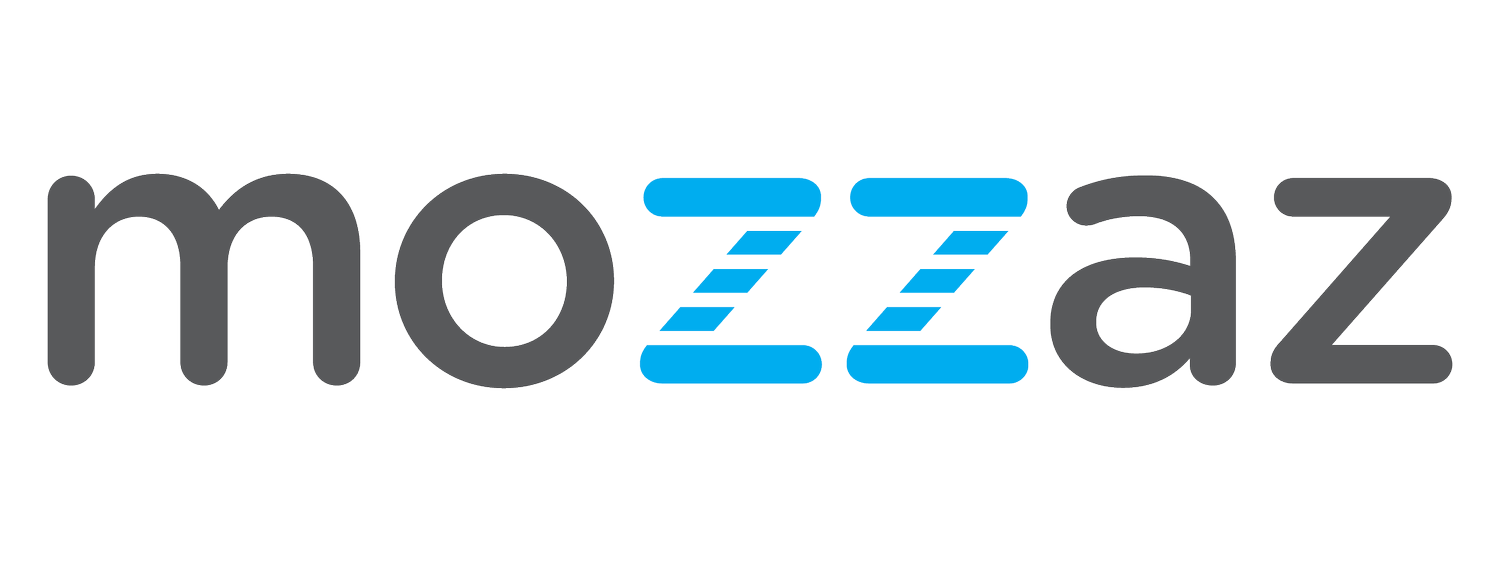The Role of Technology In Addressing Social Determinants of Health
Technological advancements are making its way into healthcare and can be instrumental in tackling barriers linked to the social determinants of health. Social Determinants of Health include behavioral, social and economic conditions that influence an individual’s ability to practice healthy living. A ‘whole person’ approach to care delivery addresses the multidisciplinary nature of one’s health. As a health provider or payer, choosing a technology that can adequately improve patient outcomes while simultaneously reducing health care costs is paramount.
At Mozzaz, we have determined that an effective digital health solution is one that delivers personalized care plans, facilitates care coordination, and provides meaningful, actionable data analytics to optimize care delivery.
Personalized Care Plans
Allows for health professionals to adequately address the relevant needs of each person, engage patients in their care, and deliver a treatment plan that eliminates barriers linked to social determinants i.e transportation, accessibility, comorbidities. An engaged patient facilitates care adherence which in turn minimizes risk of hospital readmissions. Content needs to be dynamic and easily adjusted with a patient’s journey and their changing circumstances.
Facilitating Care Coordination
A digital platform can facilitate coordination in two ways: with patient-professional interactions and collaboration amongst care professionals. Virtual communication channels allow for care teams to build relationships with their patients to uncover the barriers to care, provide more frequent follow-up, and support the patient with guidance and resources they need. Technology also enables care team coordination, by aggregating data from multiple sources under one patient record. It enables care teams to make more informed and proactive decisions about care delivery by connecting professionals from multiple disciplines.
Actionable Insights
Implementing a digital health solution can help organizations adopt a whole person care approach while minimizing the costs that come with this. Health systems can streamline digital workflows and receive real time updates on a patient’s health status and translate data into corrective action. Through real time reporting and alerts, care teams can be proactive in identifying gaps in care and areas of concern. Technology has been proven to reduce hospitalizations and thus reduce costs by leveraging the ability to remotely monitor and be alerted through key warnings specific to the patient.
An individual’s health is complex and care delivery can no longer be seen as a one-size-fits-all. We have seen first-hand how the right digital technology can positively change the way in which we deliver care- with a patient-centered focus. As health systems begin to shift towards a value-based care model, employing digital health technology can facilitate positive health outcomes and drive new models of care.

